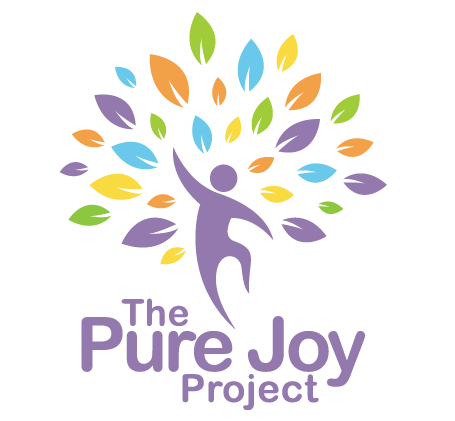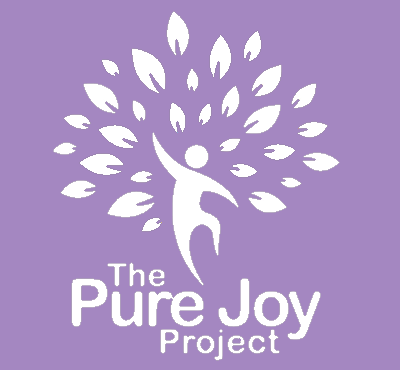The Great Gluten Debate: Should You Eat Wheat?
Hippocrates once quoted “Let food be thy medicine and medicine be thy food.” This simple statement highlights the very important role of diet in health and healing. What we eat can either help us or harm us.
So lets talk about Gluten – is it helpful or harmful?
What is Gluten?
Gluten is the family of proteins naturally found in grains such as wheat, barley, rye, semolina, and spelt. It gives bread its doughy, chewy texture and is commonly added to processed foods for this reason.
Gluten can be found in breads, cereals, pasta, pizza, oats (unless certified gluten free), couscous, and most baked goods. Less obvious sources include tinned soups, mayonnaise, pre-packaged sauces (i.e. tomato, BBQ, gravy, soy, marinades), processed meats, ice cream, beer, flavoured syrups, imitation crab meat, and malt.
Is Gluten Healthy or Harmful?
Gluten has a reputation for being a dietary bad guy due to its association with food allergies and intolerance. Coeliac disease is caused when a person’s immune system abnormally reacts to gluten causing inflammation and damage to the small intestine.
Recent research also suggests that gluten increases production of zonulin. Zonulin is a naturally occurring enzyme whose key role in the body is to create openings in the intestinal lining. Normally this process allows nutrients, pathogens, and other molecules to exit the intestine. When zonulin levels increase the intestinal openings become too wide letting larger proteins into our bloodstream. This condition is often referred to as Leaky Gut. These proteins can trigger immune responses, leading to the development of food allergies, intolerances, and autoimmune disease.
Allergic or intolerant people may experience the below symptoms which typically improve after removing gluten from the diet:
- Bloating and abdominal pain
- Diarrhoea and constipation
- Blood or mucous in the stool
- Skin rashes (hives, dermatitis)
- Headaches
- Depression / rage / anxiety
- Fatigue
- Autoimmune disease
- Joint and muscle pain
Despite gluten being harmful for those with sensitivities or intolerances, wholegrains such as wheat, rye, and barley are full of health promoting nutrients. Unrefined wholegrain kernels containing the bran and germ are high in dietary fibre, B vitamins, vitamin E, iron, copper, zinc, selenium, magnesium, antioxidants and phytochemicals.
Fibre and bran are important for moving waste through the digestive tract. High fibre diets can reduce cholesterol and regulate blood glucose helping to prevent heart disease and diabetes.
Vitamin E and selenium are powerful antioxidants and may assist in the prevention of free radical damage and cancer. Magnesium, copper, iron, and zinc are essential for numerous bodily functions involving the immune system, musculoskeletal system, energy production and brain.
Should You Go Gluten Free?
Ultimately the choice to be gluten free or not is entirely personal and should be made on an individual basis. While gluten is harmful for some, unrefined wholegrains are rich in dietary fibre and other essential nutrients that can support health.
From a Naturopathic perspective going gluten free is essential if you have any of the following conditions:
- Coeliac disease
- Gluten allergy / intolerance
- Autoimmune disease
- Leaky gut (small intestinal permeability)
- IBS
- Inflammatory joint conditions
- One or more of the symptoms listed in the above section.
As a primary trigger for the above conditions gluten should be removed to alleviate symptoms and begin the healing process. Some people also choose to avoid gluten because they simply feel better for not eating it.
If you are avoiding gluten it’s important to include gluten-free wholegrains in your diet to avoid missing out on essential nutrients. Some great options include:
- Quinoa
- Black Rice (see our blog on the health benefits here)
- Wild Rice, Brown Rice, Red Rice, White Rice
- Sorghum
- Millet
- Gluten Free Oats (Certified)
- Buckwheat
- Amaranth
If you aren’t avoiding gluten wholegrains are a great source of nutrients providing you stick to the unrefined varieties. Refined grains have been stripped of the grain germ and bran, which contain most of the nutritional value. Therefore its best to swap out refined foods like white bread, flour, baked goods, MSG, malt, and flavoured syrups for more wholesome alternatives.
Got Questions?
We love to talk all things health! Contact our team via our contact page or for a personalised health plan book a consult with our Naturopath Carly.


